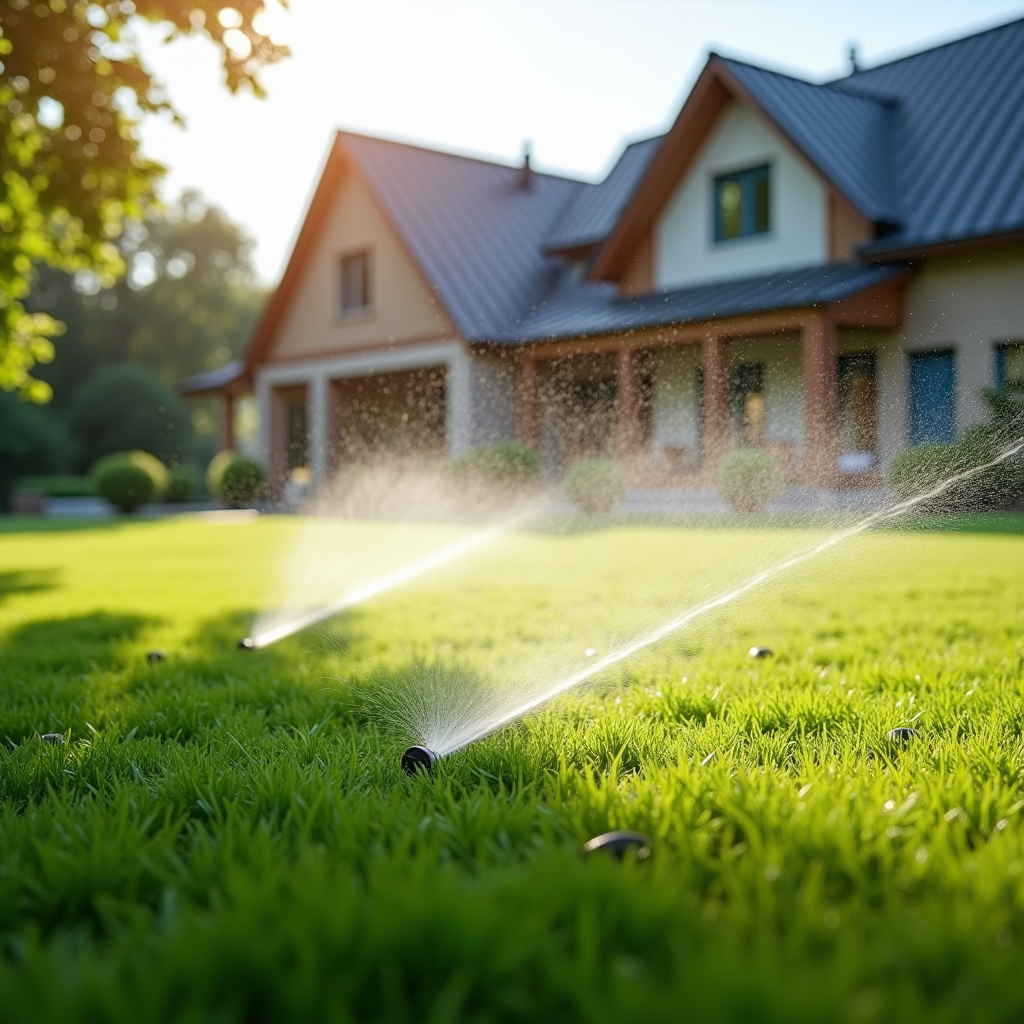Composting is not just a gardening trend; it's a sustainable practice that has numerous benefits, not only for the environment but also for maintaining lush, healthy lawns. In this article, we will explore the various advantages of composting and how it can transform your lawn care routine.
What is Composting?
Composting is a natural process where organic materials such as food scraps, leaves, and grass clippings decompose into nutrient-rich soil. This process can be facilitated by microorganisms, insects, and other decomposers that break down these materials over time.
The Science Behind Composting
When organic matter decomposes, it breaks down into simpler compounds through a combination of microbial activity, moisture, and temperature. The result is humus—a dark, nutrient-dense material that enriches the soil.
Why Should You Consider Composting for Your Lawn?
Composting your lawn waste and kitchen scraps can significantly improve the health of your lawn. By enriching your http://garrettfrrz057.bearsfanteamshop.com/understanding-different-mowing-techniques-for-a-healthier-lawn soil with compost, you can promote better grass growth while reducing the need for chemical fertilizers.
The Benefits of Composting for Healthy Lawns
Improved Soil Structure- Compost helps to create a balanced soil structure, which enhances drainage and aeration. Well-aerated soil allows roots to breathe more easily.
- Homemade compost is full of essential nutrients like nitrogen, phosphorus, and potassium. These nutrients promote robust grass growth and vibrant color.
- Compost retains moisture in the soil better than traditional fertilizers. This means less frequent watering—saving both time and water!
- Healthy soil leads to healthier plants that are more resistant to pests and diseases. A thriving ecosystem reduces the need for chemical pesticides.
- Using compost reduces landfill waste by recycling organic materials. It also lowers carbon emissions associated with synthetic fertilizer production.
How to Start Composting for Your Lawn Care
Starting a compost pile doesn’t have to be complicated! Here’s how you can begin:
1. Choose Your Compost Bin
Decide whether you want an open pile or a closed bin system. Bins are often tidier but require more management.
2. Collect Organic Materials
Gather kitchen scraps (like fruit peels), yard waste (leaves and grass clippings), and even cardboard or paper products.
3. Balance Your Greens and Browns
For efficient decomposition, balance "green" materials (nitrogen-rich) like grass clippings with "brown" materials (carbon-rich) such as dried leaves or straw.
4. Maintain Your Pile
Turn your compost regularly to ensure adequate aeration and moisture levels.
5. Use It Wisely
Once your compost is ready (usually takes 3-6 months), use it to top-dress your lawn or mix it into flower beds!
Composting Techniques for Lawn Care Enthusiasts
There are several methods you can employ when starting your compost journey:
Hot Composting Technique
Hot composting relies on maintaining high temperatures (130°F-160°F) within the pile through proper aeration and moisture control.
Cold Composting Technique
This method involves simply piling organic materials without worrying about temperature control; it's slower but requires less effort!
Vermicomposting
Using worms to break down food scraps yields nutrient-dense worm castings ideal for lawns.

Common Misconceptions About Composting
It Smells Bad: If managed correctly with adequate aeration, compost shouldn’t produce any foul odors.
It Attracts Pests: With proper management—like covering food scraps—pests won’t become an issue.
It Takes Too Long: While some methods are slower than others, hot composting can yield usable compost in as little as three weeks!
Incorporating Compost into Your Lawn Care Routine
Once you've established a good supply of compost, it's vital to know how best to apply it:
Top-Dressing Your Lawn with Compost
Applying a thin layer (about ¼ inch) of compost over your lawn not only improves soil structure but also provides nutrients directly to the roots.
Mixing into Aerated Soil
When aerating your lawn, consider mixing in some compost during this process for maximum benefit!
Using Compost Tea for Lawn Care
Infusing water with finished compost creates "compost tea," which can be used as a liquid fertilizer spray on grass.
FAQs About The Benefits of Composting for Healthy Lawns
Does composting really help my lawn?
Absolutely! It provides essential nutrients while improving soil health.
How often should I apply compost?
Generally, once or twice a year during peak growing seasons works well.
Can I use store-bought compost?

What if my lawn has weeds?
Weed seeds in homemade compost are usually killed during decomposition; however, always check before using!
Is there any downside to using too much compost?
Excessive application may lead to nutrient imbalances; moderation is key!
What types of materials should I avoid in my compost?
Meat products, dairy products, and oils should generally be avoided due to pest attraction and odors.
Conclusion: Embracing The Green Revolution with Composting
In summary, The Benefits of Composting for Healthy Lawns extend far beyond simple fertilization; they encompass environmental stewardship as well! By adopting this sustainable practice in your lawn care routine, you'll reap rewards not just in aesthetics but in ecological balance too! So grab those kitchen scraps instead of tossing them out—your lawn will thank you!
By understanding these principles and benefits outlined above regarding The Benefits of Composting for Healthy Lawns, you're now equipped to take action toward creating a greener future—one healthy lawn at a time!